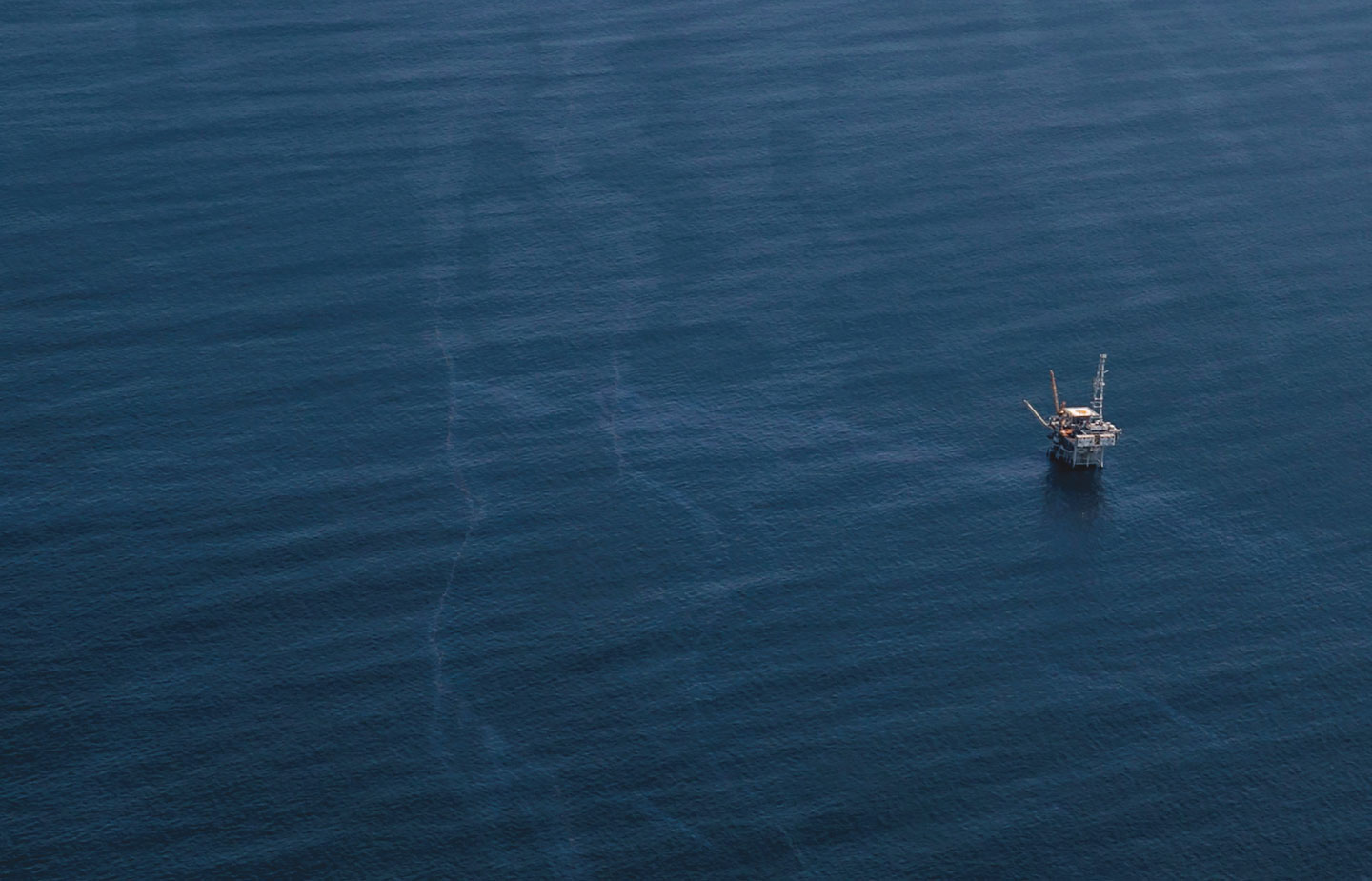Water
Forbes 30 Under 30 recipient Emily Hazelwood ’11 talks to fellow ocean explorer Fabien Cousteau about the state of our oceans.
Icome from a family of scuba divers who from a young age supported my passion and curiosity for the sea, encouraging me to get scuba certified by the age of 12. As I grew older, that passion evolved into academic curiosity, through my studies at Connecticut College, and eventually led to my first job, working as an environmental field technician in the Gulf of Mexico following the events of the 2010 British Petroleum oil spill. The spill covered over 1,300 miles of the Gulf Coast in oil and threatened not only the physical, economic and food security of the Gulf’s communities, but also resources for businesses worldwide. Never had I so acutely bore witness to the devastating impacts of humankind on our oceans, and this experience would go on to shape my career path.
However, my time spent in the Gulf of Mexico also enlightened me to humankind’s capacity for creativity and hope. It’s where I first learned about the Rigs to Reefs (RtR) program, where retired oil platforms are repurposed and given new life as artificial reefs, and where I began to think differently about ocean conservation. The RtR concept fascinated me; how could a structure capable of such intense environmental degradation also be capable of supporting marine life in a positive way?
To dive into this question, both literally and figuratively, I completed a master’s degree at Scripps Institution of Oceanography in California, investigating the social, economic, and ecological implications of repurposing offshore oil and gas platforms into artificial reefs. There are thousands of offshore platforms found in almost every ocean around the world, and it is estimated that many will be decommissioned, or completely removed, in the next 10 years. Completely removing an offshore oil and gas platform is both costly and environmentally taxing, especially when you consider the marine ecosystems colonizing these structures, some of which, such as those found in California, are noted to be among the most productive marine habitats on the planet. This experience opened my eyes to the global potential for this concept and helped me realize that while not every offshore platform is a good candidate for a reef, many are, and there is a need for alternative decommissioning options in the offshore oil and gas industry. To address this need, in 2015 I co-founded Blue Latitudes LLC, a certified women-owned marine environmental consulting firm.
Our vision at Blue Latitudes is to unite science, policy, and communications to develop sustainable, creative and cost-effective solutions to manage the environmental issues that surround the offshore energy industry. Today, we work with government and industry around the world to develop RtR strategies and, using remotely operated vehicles, we dive into the deepest depths of the ocean to evaluate the marine ecosystems found on deep offshore energy structures.
Over the last century, cumulative anthropogenic action has triggered a cascade of environmental problems, threatening the ability of our natural systems, and particularly our oceans, to flourish. During this time, our oceans have served as a crucial buffer against global warming, soaking up about one-quarter of the carbon dioxide emitted from our factories, power plants, and cars, and absorbing more than 90% of the excess heat trapped on Earth by carbon dioxide and other greenhouse gases. However, the ocean’s ability to absorb is also its greatest downfall, causing changes in water temperature, which leads to changes in oceanic circulation and chemistry, rising sea levels, increased storm intensity, as well as changes in the diversity and abundance of marine species.
Our oceans are in danger. Climate change weakens the ability of the ocean to provide critical ecosystem services such as food, carbon storage, oxygen generation, as well as to support nature-based solutions to climate change adaptation. The sustainable management, conservation and restoration of coastal and marine ecosystems will be critical to ensure the continued provision of the ecosystem services on which we depend. Solving the environmental problems associated with climate change, I believe, will be one of society’s greatest challenges.
Recognizing the human demand for ocean resources,
in 2018 we launched the Blue Latitudes Foundation, a
501(c)(3) nonprofit, to broaden the dialogue on traditional ocean conservation practices to find ways to use our oceans without using them up. In broadening that dialogue, I’ve been afforded the opportunity to meet other ocean scientists and enthusiasts who have left me feeling truly inspired—one such individual is Fabien Cousteau.

